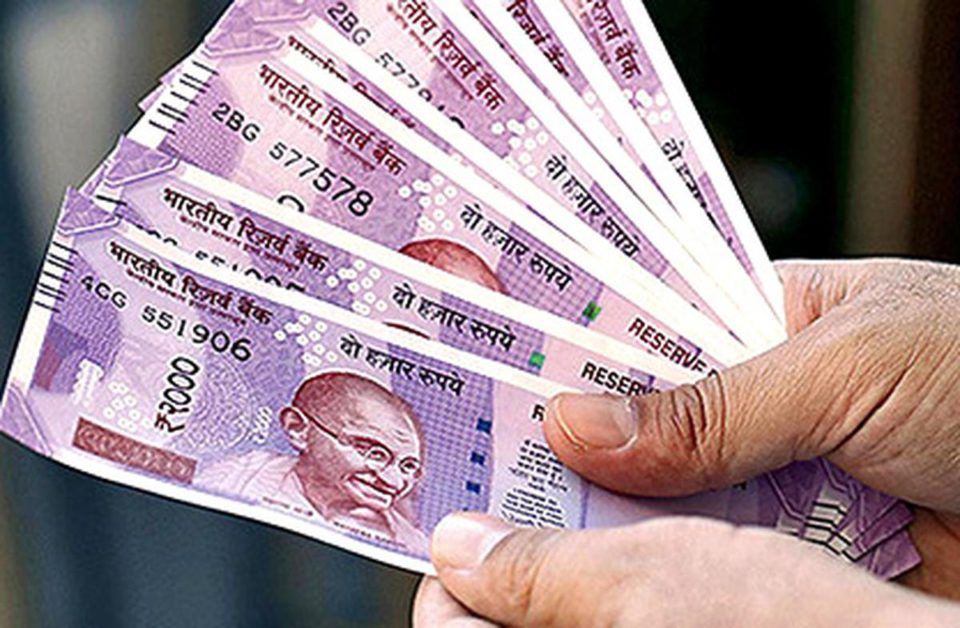It is now time to begin bilateral trading in Bangladeshi Taka and Indian Rupee, in addition to US dollars. This is something that both nations agree on. The procedure is progressing quickly. The two nations are preparing to begin business transactions in taka-rupees in September. However, the formal announcement might come sooner.
What is a currency swap or exchange?
In financial terminology, a ‘currency swap agreement’ occurs when two nations deal with one other in their own currency rather than the dollar or another hard currency. Bangladesh, like many other nations throughout the globe, had a dollar crisis, initially as a result of Covid and subsequently as a result of the continuing Russia-Ukraine conflict.
Furthermore, import costs were rising. Bangladesh Bank takes several measures to regulate imports in response to this circumstance. Meanwhile, at the two countries’ commerce ministerial meeting in December last year in the Indian capital of Delhi, India made a verbal request to utilize the Bangladeshi taka and their rupee in bilateral commercial transactions. If the idea is implemented, import-export commerce between the two nations will be conducted through a currency swap system or by the exchange of own currency.
Present Status
The project is now becoming a reality. However, India made the effort to trade in taka and rupee with Bangladesh once, in 2013, ten years ago. Later on, the case was dropped. The governors of the two nations addressed this on the margins of the G-20 summit in Bengaluru, India, on February 24-25. The meeting of the two nations’ senior leaders in September, rather than next June, is expected to kick off the bilateral trade process in taka-rupee.
The Reserve Bank of India (RBI), India’s central bank, has already abolished existing legal hurdles to overseas transactions in Indian currency. The country’s finance ministry also recommended trade groups and banks to do business in rupees with other nations. India has already begun to conduct rupee trade with Mauritius, Iran, and Sri Lanka. They intend to boost the rupee’s value on the foreign market. For this, the nation has begun talks not just with Bangladesh, but also with a number of other countries, including Russia. For the time being, transactions will be initiated by four banks from two different nations. As a result, Bangladesh’s Sonali and Eastern Bank, as well as India’s State Bank of India (SBI) and ICICI Bank, have begun the process of establishing mutual accounts.
What are the benefits?
Bangladesh bought commodities totalling $8 thousand 916 million US dollars in fiscal year 2021-22, according to a statistic of Bangladesh Bank. One thousand three hundred million dollars’ worth of products are imported from India.
Bangladesh exported items totalling $200 million to India during the same fiscal year. In other words, total import and export commerce between the two nations is 1 billion 568 million dollars. Bangladesh is in close proximity to the present geopolitical crisis. Russia, China, and India are all gradually abandoning the dollar.




